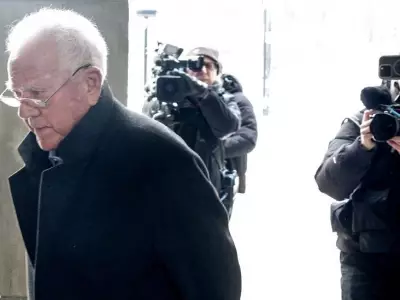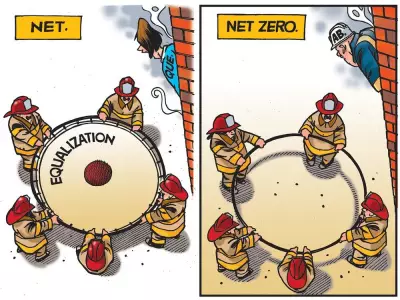
Nova Scotia's judiciary is standing firm on its controversial decision to ban poppies from courtrooms, with the province's top judge defending the move as the Veterans Affairs minister expresses respect for the court's independence.
Judicial Defense of Poppy Prohibition
The decision to prohibit poppies in courtrooms has sparked significant public debate across the province. Nova Scotia's chief judge has come forward to defend the judicial process that led to this controversial ruling, emphasizing the need to maintain courtroom decorum and impartiality.
Meanwhile, Veterans Affairs Minister has stated that he "respects" the independence of the court system in making this determination. This position reflects the delicate balance between honoring military traditions and upholding judicial protocols as the nation approaches Remembrance Day ceremonies.
Timing and Public Reaction
The controversy emerges during a particularly sensitive period, with November 10-11 marking the annual Remembrance Day observances across Canada. The timing has amplified public attention to the issue, with veterans' groups and community members expressing strong opinions on both sides of the debate.
Court officials maintain that the ban is not intended to disrespect veterans but rather to ensure that courtrooms remain neutral spaces free from any symbols that might be perceived as influencing judicial proceedings. The decision aligns with longstanding protocols regarding what items and symbols are permitted in court settings.
Broader Context and Implications
This development occurs against the backdrop of numerous other news stories across Canada, including transportation incidents, public safety concerns, and various provincial matters. However, the poppy ban controversy has captured significant public attention due to its symbolic importance and timing during remembrance season.
The judicial system's commitment to maintaining its independence while navigating emotionally charged symbols demonstrates the ongoing challenge of balancing tradition with procedural integrity. As Remembrance Day approaches, this decision continues to generate discussion about how best to honor veterans while preserving the impartial nature of judicial proceedings.






